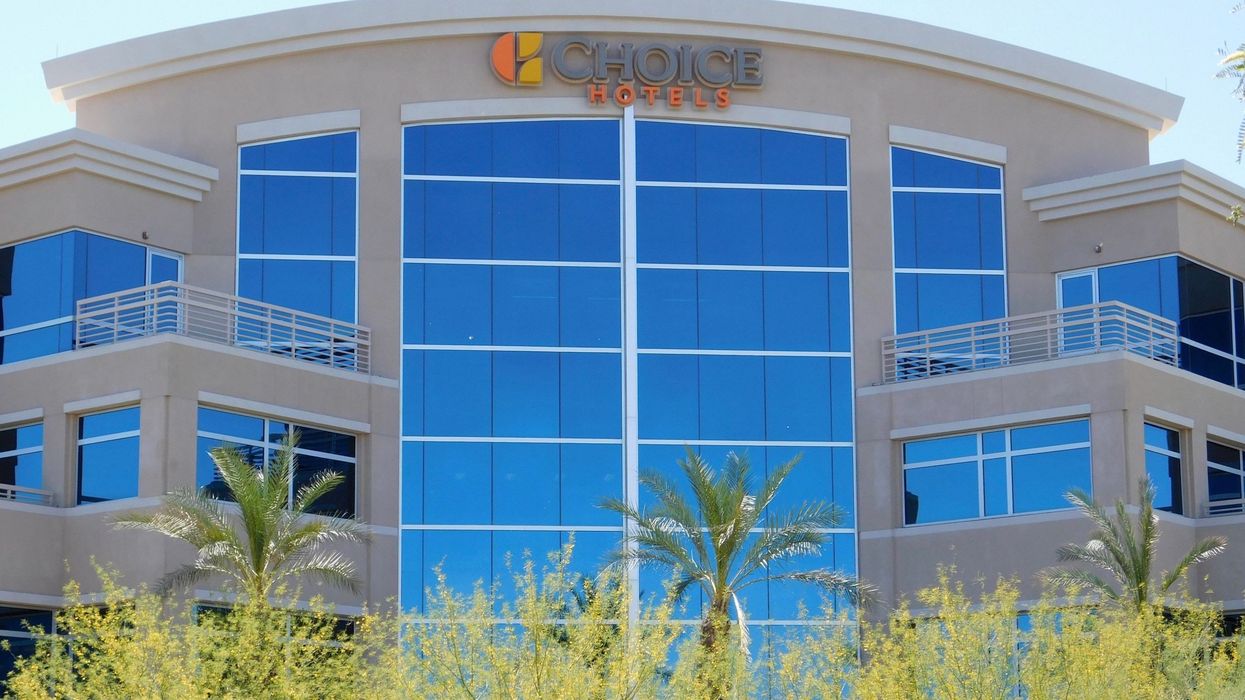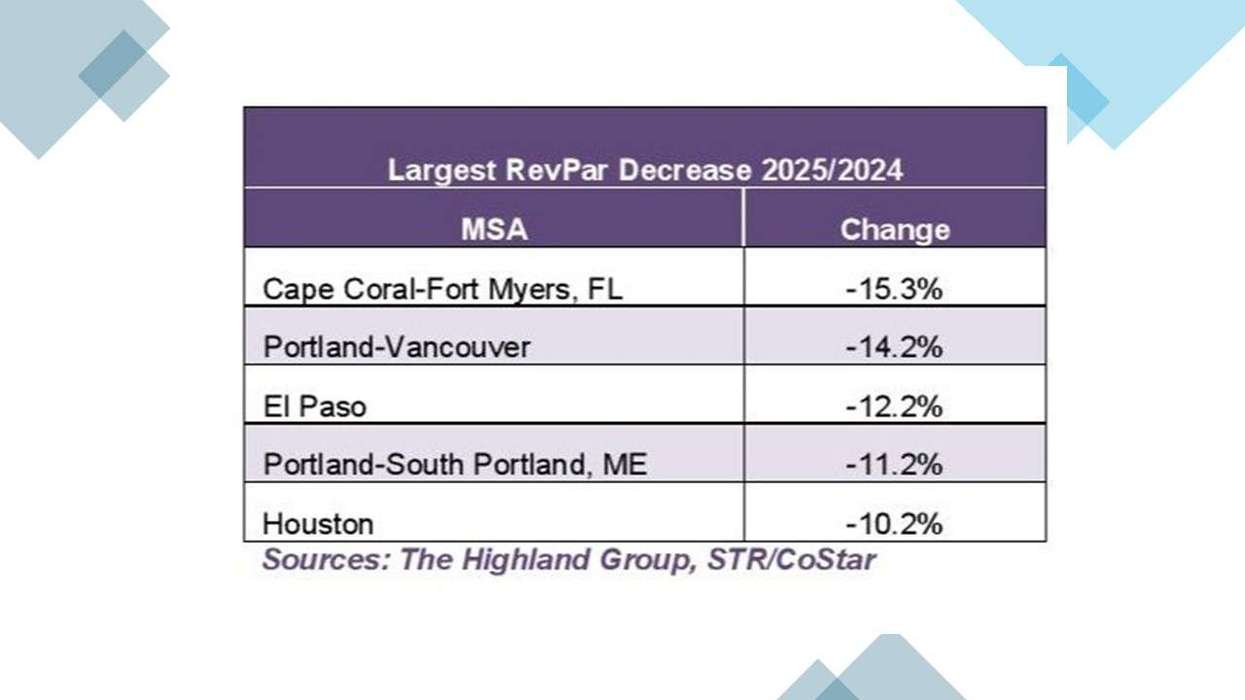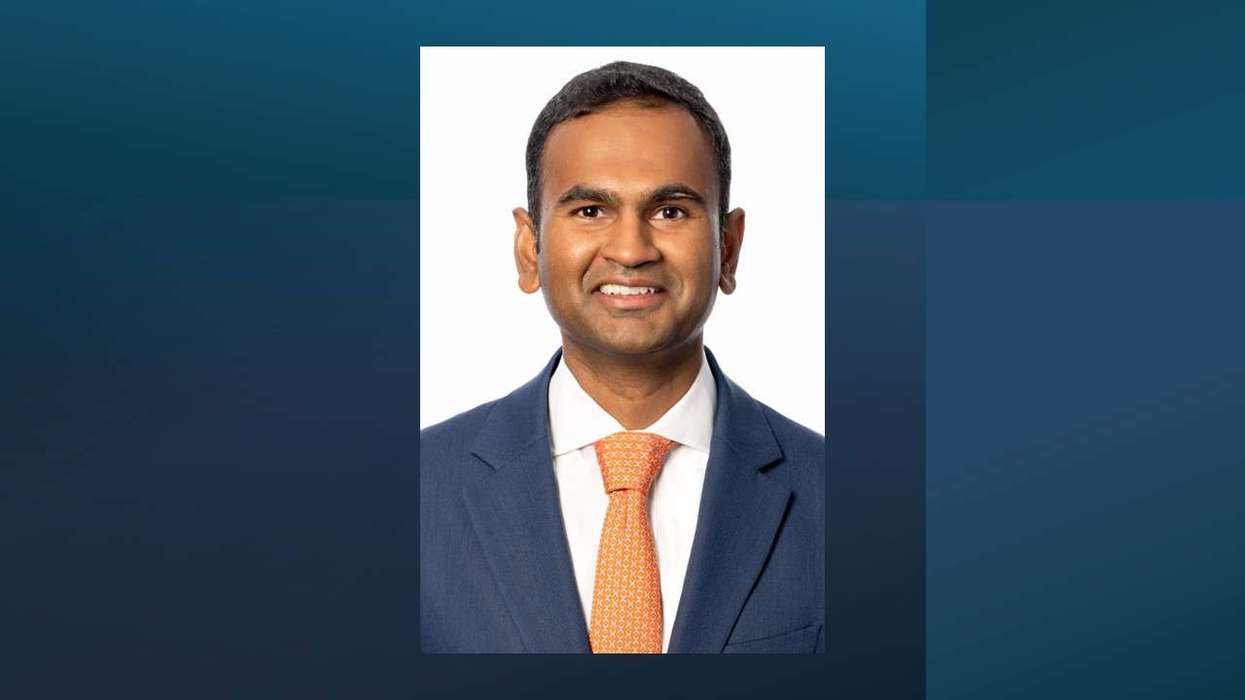Choice Hotels’ Q1 2025: Strong RevPAR Growth Drives Hospitality Success
CHOICE HOTELS INTERNATIONAL reported 2.3 percent year-over-year domestic RevPAR growth for the first quarter ended March 31, outperforming its competitive chain scales by 60 basis points. Net income rose 44 percent to $44.5 million, a 52 percent increase from the same period in 2024.
The company grew its global net rooms system by 2.8 percent, including 3.9 percent growth in the upscale, extended-stay and midscale portfolio compared to last year, Choice said in a statement.
"Choice Hotels generated another quarter of record financial performance and RevPAR outperformance, demonstrating the successful execution of our growth strategy," said Patrick Pacious, Choice’s president and CEO. “Our unique positioning has enabled us to outperform peers, gain market share, and emerge stronger even during economic uncertainty. With diversified growth avenues, a more resilient customer profile, and a strengthened brand portfolio, including a larger presence in the cycle-resilient extended-stay segment, we’ve established a stronger foundation for stability and long-term growth.”
Adjusted EBITDA rose 4 percent to $129.6 million and adjusted diluted EPS increased 5 percent to $1.34, both first-quarter records, the statement said. The domestic extended-stay segment expanded its net rooms portfolio by 10.8 percent, with a pipeline exceeding 40,000 rooms as of March 31, 2025.
Domestic RevPAR for the extended-stay portfolio rose 6.8 percent, outperforming the industry by 410 basis points, while RevPAR in the midscale and economy segments grew 1.7 percent and 7.1 percent, respectively, exceeding chain scale averages by 30 and 440 basis points, Choice said.
Partnership services and fees rose 28 percent to $25.4 million. Domestic average daily rate increased by 1.7 percent, and occupancy improved by 30 basis points, the company said. The domestic effective royalty rate grew by 8 basis points to 5.11 percent.
The domestic upscale, extended-stay, and midscale segments grew by 3.6 percent, while the international net rooms portfolio increased by 4.4 percent, with the international pipeline rising 13 percent since Dec.31, the statement said. The global upscale portfolio expanded 16.2 percent, with an 8 percent pipeline increase since year-end 2024, reaching more than 26,000 rooms. The global pipeline exceeded 95,000 rooms, including nearly 79,000 in the U.S.
The company revised its full-year outlook amid a shifting macroeconomic environment, projecting domestic RevPAR growth between -1 percent and 1 percent, it said. Full-year net income is expected to range between $275 million and $290 million, adjusted net income between $324 million and $339 million, and adjusted EBITDA between $615 million and $635 million. Global net system growth is forecast at approximately 1 percent.
Choice held its 69th Annual Convention, "Powering the Future," on April 29 at Mandalay Bay in Las Vegas, featuring a keynote by Patrick Pacious before thousands of owners, operators, and industry partners.






